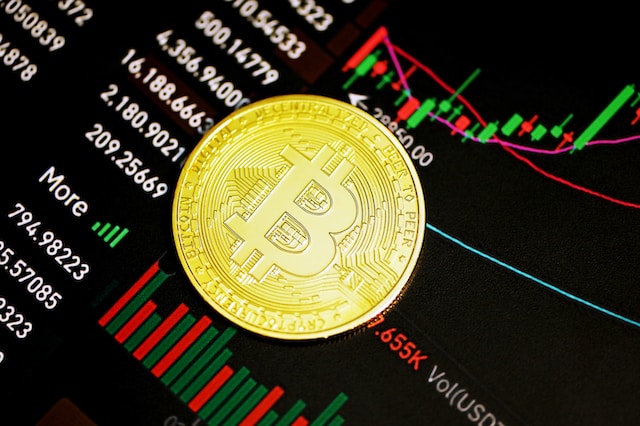Bitcoin Wallet Last Active in the Satoshi Era Moved 50 BTC to Binance

A Satoshi-era Bitcoin wallet came out of its 14-year slumber to move 50 bitcoins to Binance. Moving funds to a centralized exchange often means the one controlling the wallet is cashing out on their holdings. Knowing that, it is safe to assume the holder liquidated their bitcoins for just over $3 million, marking gigantic profits as those 50 bitcoins entered their wallet when the asset was just $0.05 a pop. The $25 they held in 2010 has now turned into $3 million.
And how did they come into possession of the bitcoins? Their wallet’s transaction history reveals they received the assets for mining a single block. In 2010, block rewards amounted to 50 bitcoins plus transaction fees. Now, it is 3.125 bitcoins alongside transaction fees. Moreover, Bitcoin mining was fairly simple then, allowing anyone to do so from their PCs.
However, increasing bitcoin prices and entry dedicated mining infrastructure have caused the network’s hashrate to rise tremendously, requiring massive amounts of processing power to mine bitcoins. Bitcoin mining has moved from PCs to mining firms paying hundreds of thousands of dollars a month for power. Moreover, these entities have grown to become publicly listed companies.
This miner received their block reward of 50 bitcoins when people mined the asset on their PCs. Bitcoin was less than a year old at that point. Multiple wallets from the Satoshi era that were dormant have become active over the past few months thanks to the massive highs that bitcoin’s price hit, peaking at over $73,000.
While it faces pressure in going back up, it still fluctuates over $60,000. Many long-time holders and whales who have acquired large amounts in relatively recent times feel bitcoin’s price is high enough to cash out. Some may also feel the pressure to liquidate as they believe bitcoin is heading down a bearish path again.
* The content presented above, whether from a third party or not, is considered as general advice only. This article should not be construed as containing investment advice, investment recommendations, an offer of or solicitation for any transactions in financial instruments.



